Debate Over Canadian Bill To Limit Sports Gambling Ads Heats Up
As the NFL season and NHL hockey approach, a heated debate is underway in Canada over limiting sports gambling ads. The Canadian Medical Association Journal has called for the fast-tracking of Senate Bill 211, which aims to create a national framework for sports gambling advertisements. This bill has sparked a divisive discussion, with some arguing that it is necessary to protect Canada’s youth from the risks of exposure to aggressive sports betting advertising, while others claim that education and awareness are more effective than limiting ads.
Key Highlights and Calls to Action
The Canadian Medical Association Journal editorial, written by Dr. Shannon Charlebois and Dr. Shawn Kelly, highlights the need for a national framework to regulate sports gambling ads. According to Dr. Charlebois, “The current lack of regulation is alarming, and we need to take immediate action to protect our youth from the harms of exposure to aggressive sports betting advertising.” The editorial cites a 2018 study from Mental Health Research, which found that 15% of 18-34 year-old Canadians are at high-risk of problem gambling, more than double the national average. This data is particularly concerning, considering it was collected before sports gambling was legalized in 2021.
Sports Gambling Ads and the Proposed Framework
Senate Bill 211, tabled by Marty Deacon (Independent), proposes the creation of a national framework for sports gambling advertisements. The bill sets out ground rules and expectations for the Minister of Canadian Heritage to follow, including:
- Restricting the use of ads by limiting the “number, scope, or location” of the ads
- Limiting or banning the participation of celebrities or athletes in promotions
- Promoting research for the prevention of minors involved in harmful gambling activities
- Creating a national standard for the prevention and diagnosis of harmful gambling addiction
Dr. Kelly notes, “The proposed framework is a crucial step towards protecting our youth and preventing the harms associated with problem gambling. We need to take a proactive approach to address this issue.” The bill gives the Minister of Canadian Heritage one year after its passage to table their proposed framework in Parliament.
Opposition to the Bill and Alternative Solutions
However, not everyone agrees that limiting sports gambling ads is the right approach. Paul Burns, President and CEO of the Canadian Gaming Association, argues that education and awareness are more effective than limiting ads. Burns states, “Gambling ads represent a fraction of total ads, and we have seen a decline in online gambling ad spend in recent years. We need to focus on promoting responsible play and providing support for those who need it.” The Canadian Gaming Association has also released a fact sheet to dispel what they term “misinformation” about the issue, highlighting that operators must comply with over 20 requirements for gambling ads and prominently promote tools to support responsible play.
Current Trends and Future Outlook
Despite the opposition, the bill is moving forward, currently in its second reading. It still needs to pass through the House of Commons before it becomes law, a process that is likely to take months. As the Senate returns to session, the debate over Senate Bill 211 is likely to continue, with both sides presenting their arguments. According to Dr. Charlebois, “The passage of this bill is crucial, and we need to take immediate action to address the issue of problem gambling. We owe it to our youth to provide a safe and responsible environment for them to engage in sports and other activities.” As the discussion unfolds, one thing is clear: the fate of sports gambling ads in Canada hangs in the balance, and the outcome will have significant implications for the country’s youth and the gaming industry as a whole.



